Among all the EU member states, Hungary has the strictest laws on the acquisition and possession of firearms, independent forensic weapons expert Attila Nagy told our newspaper. The relevant law and government decree from 2004 outline several conditions that make it impossible for certain individuals to obtain a firearm. For example, a person with a criminal record or under guardianship - which excludes the capacity to act - cannot obtain a permit.
Hungary Enforces Strictest Gun Access in EU
Strict rules must be met in Hungary to legally own a gun, Attila Nagy told Magyar Nemzet. The independent forensic weapons expert said that in Hungary, thanks to a well-functioning law enforcement and monitoring system and heavy sanctions, illegal gun ownership is not common.
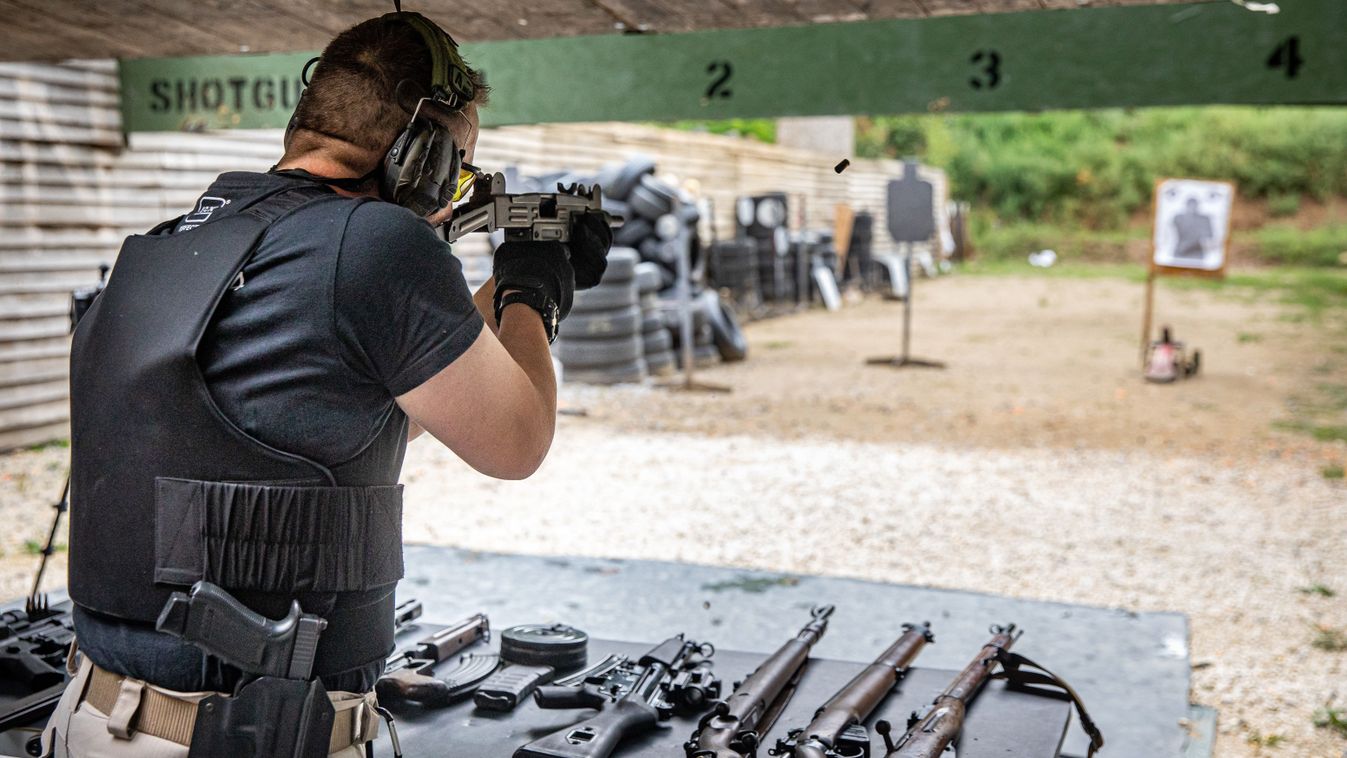
Multiple Rounds of Conditions
The applicant's suitability is subject to a series of checks. The first assessment is carried out by a general practitioner when the applicant initially seeks to obtain a weapon. The GP must be consulted every four years to renew the license, but age also plays a significant role, with reviews every two years for those over 60, and annually for those aged over 70.
If the general practitioner finds the applicant fit, they must then undergo a psychological examination by a specialized expert.
If the applicant is a hobby hunter, they only need to see a specialized psychologist once. However, athletes and workers using firearms, such as those in the security services, must undergo another examination within six months.
To obtain a license to carry a firearm, a weapons knowledge test is essential. To become a hunter, one must pass the state hunting test, which requires a certain number of hours of compulsory training and an annual hunting license from the hunting chamber of the relevant county. If you want to become a sport shooter, you must join a sporting club or shooting association, which will issue a certificate. It is important that the guns be made unsuitable for serial shooting, or ordered in such a manner from the manufacturer, the weapons expert emphasized.
Attila Nagy emphasized that
“if someone wants a self-defense weapon, the reasons must be thoroughly justified. Such a weapon is usually authorized if an attack on the applicant's life or physical safety can only be averted with a firearm.”
További IN ENGLISH híreink
Storage and certification
Mr. Nagy also underlined that authorities have imposed strict conditions on the storage of firearms. Firearms must be made of material resistant to considerable external force and stored in a lockable cabinet with a safety lock or secured to a wall, floor, or cupboard, out of the reach of unauthorized persons, in a place regularly frequented by the firearm's user. Gun boxes suitable for storing short firearms (e.g. pistols) must be fixed. Weapons should be kept unloaded and the ammunition must be stored separately, and this is something that should be regularly checked by the licensing authority.
Firearm licenses must be renewed every five years. The renewal of the permit must be initiated 30 days before the expiry date, and failing to do so will lead to the permit being revoked. This 30-day timeframe is crucial because the issuing authority will check with the firearm's holder if there have been any incidents over the past five years that rule out the possibility of renewing the permit.
Those holding firearms for work purposes must obtain a certificate proving their participation in shooting or target practices by December 15 of each year, although there are no clear-cut requirements specifying the exact tasks that they need to solve or carry out.
– “Nowadays, as part of a standard procedure, the weapon's owner is required to demonstrate how to 'whip out' or remove the firearm from its holster, because self-defense weapons can only be carried concealed. The intention here is to ensure that the licensed owner has had adequate practice and is capable of handling their weapon properly. It is important that holders know how to operate their firearms, the exact sequence of loading and unloading them, and last but not least, how to maintain them so as not to harm themselves or their surroundings,” Attila Nagy stated.
További IN ENGLISH híreink
Abuses are rare
Although the number of illegally held firearms in Hungary today is incalculable, according to the expert, he noted that in the second half of the 1980s, enough weapons disappeared from the then Hungarian People's Army to equip a battalion - a unit of around 1,000 men. What is known is that there are roughly 300-350,000 weapons legally held by Hungarian citizens, including those for sport shooting, sport hunting and self-defense, as well as weapons used in the line of work. "People who legally hold firearms are usually so law-abiding that they even refrain from speeding, as certain offences can automatically result in the confiscation of their weapons," Attila Nagy pointed out.
It is important to note that, like motor vehicles, weapons must also undergo periodic technical testing,
the frequency of which has been relaxed for hunting firearms, and is only required upon change of ownership. Technical inspections of other weapons, including licensed gas guns and alarm guns, must be renewed every five years and presented to the permit issuing police authority. Deactivated firearms are also subject to strict rules: they can only be transported in packaged form, as they are considered to be fear-inducing devices under EU legislation.
The illegal purchase of weapons available on the dark web is not common in Hungary, the expert said, explaining that
the domestic prevention and surveillance systems work well, and for those found with illegally held weapons, severe penalties are meted out ranging from two to eight years in prison.
"This is a deterrent for many, compounded by harsh court rulings. The full rigor of the law also applies to those who make weapons at home, as this activity also requires a licence from the authorities," he said.
Attila Nagy noted that the abuse of gun licences is not common in Hungary, as Hungarian gun owners are generally prudent and have acquired a solid knowledge of firearms through the long-standing, previously compulsory military service. "While there have been cases of terminally ill gun owners turning the barrel of a gun on themselves, the killing of or intentionally causing injury to others has never been a common practice in Hungary," the forensic expert said.
További IN ENGLISH híreink
Cover photo: Shooting range at Budakeszi, Hungary (Photo: Gabor Markovics)
Komment
Összesen 0 komment
A kommentek nem szerkesztett tartalmak, tartalmuk a szerzőjük álláspontját tükrözi. Mielőtt hozzászólna, kérjük, olvassa el a kommentszabályzatot.
A téma legfrissebb hírei
Tovább az összes cikkhez
PM Orban: Ukraine Wants Chaos, but Hungary Cannot Be Blackmailed + Video
Anyone who wants to break us will have their hands full, Hungary's Prime Minister Viktor Orban declared at an anti-war rally in Bekescsaba.

Hungary FM: Master Good Expansion to Create 600 New Jobs
According to the Minister of Foreign Affairs and Trade, small and medium-sized enterprises will also benefit from the investment.

PM Orban: New Initiatives Are Needed for Global Peace
Hungary's Prime Minister Viktor Orban shared photos on social media from the Board of Peace meeting in Washington.

Hungary FM: The Government Is Building Hungary’s Future on Its Children
The Minister of Foreign Affairs and Trade attended a conference on education in Demecser.
Ne maradjon le a Magyar Nemzet legjobb írásairól, olvassa őket minden nap!
- Iratkozzon fel hírlevelünkre
- Csatlakozzon hozzánk Facebookon és Twitteren
- Kövesse csatornáinkat Instagrammon, Videán, YouTube-on és RSS-en

Címoldalról ajánljuk
Tovább az összes cikkhez
PM Orban: Ukraine Wants Chaos, but Hungary Cannot Be Blackmailed + Video
Anyone who wants to break us will have their hands full, Hungary's Prime Minister Viktor Orban declared at an anti-war rally in Bekescsaba.

Hungary FM: Master Good Expansion to Create 600 New Jobs
According to the Minister of Foreign Affairs and Trade, small and medium-sized enterprises will also benefit from the investment.

PM Orban: New Initiatives Are Needed for Global Peace
Hungary's Prime Minister Viktor Orban shared photos on social media from the Board of Peace meeting in Washington.

Hungary FM: The Government Is Building Hungary’s Future on Its Children
The Minister of Foreign Affairs and Trade attended a conference on education in Demecser.
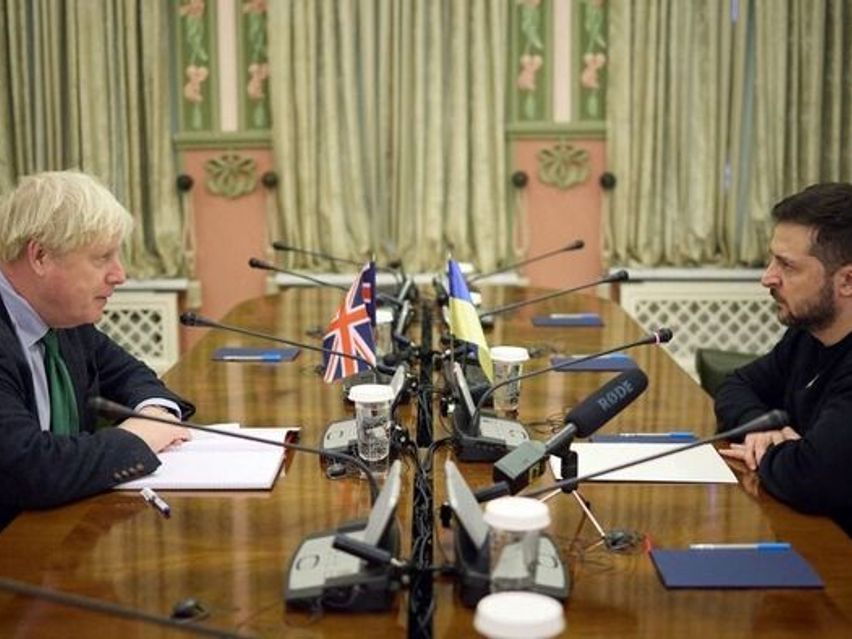

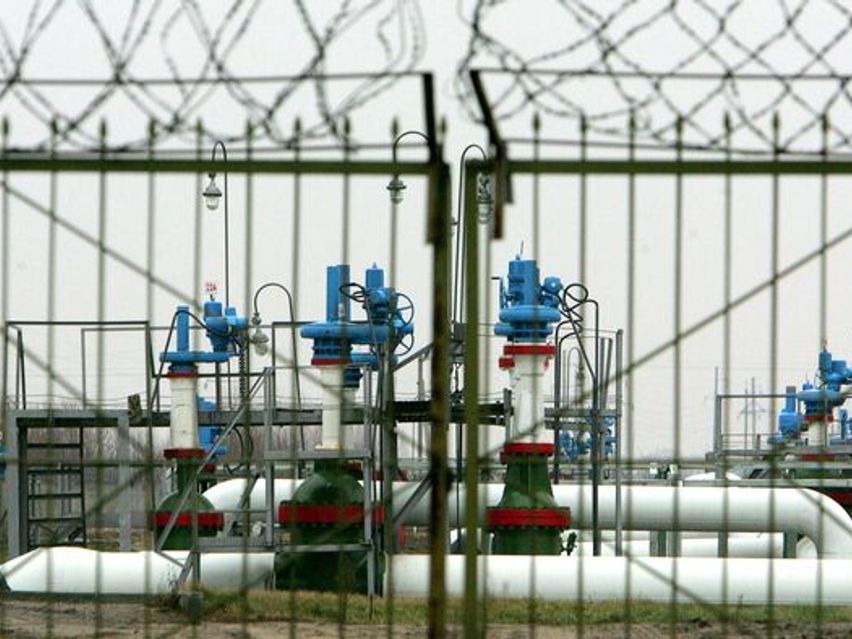


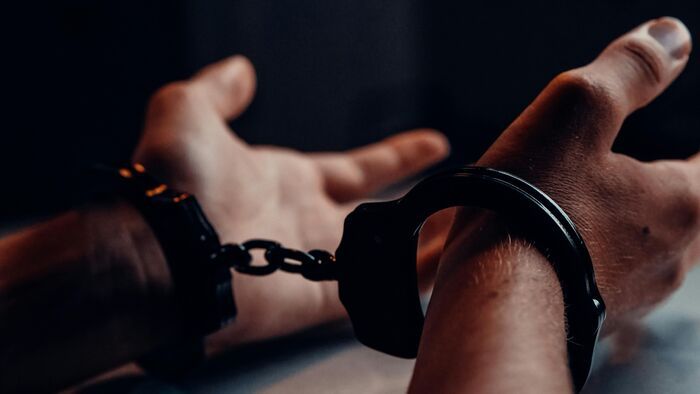





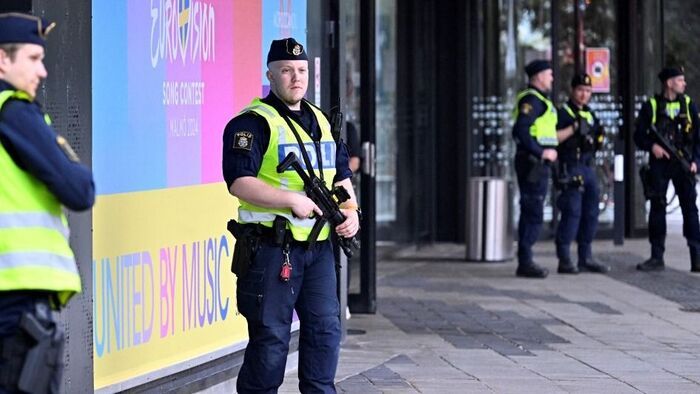





Szóljon hozzá!
Jelenleg csak a hozzászólások egy kis részét látja. Hozzászóláshoz és a további kommentek megtekintéséhez lépjen be, vagy regisztráljon!